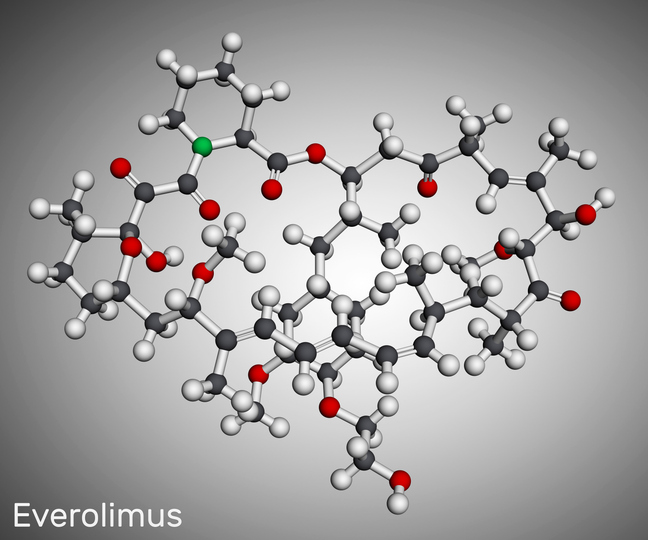
Potential use of rapamycin in oral diseases

Experts explored the potential benefit of rapamycin in patients with periodontitis, oral dysbiosis and oral cancers.
Rapamycin was initially used as an immunosuppressant as a result of its ability to inhibit the mTOR protein, according to a report from RDH magazine. However, recent studies have examined its application in cardiovascular disease, neurodegenerative disease, autoimmune diseases, age-related diseases and cancer.
The compound has been found to have anticancer and anti-inflammatory properties, representing its potential to treat oral diseases such as periodontitis, decay and oral cancers. The experts cited in the article suggested that rapamycin may help minimize gum inflammation, halt the progression of periodontitis, mitigate periodontitis-related bone loss, and promote tissue regeneration through cell growth and repair. Additionally, early studies have indicated that the drug can reduce the progression of oral cancer cells and enhance the efficacy of anticancer therapies in patients with oral squamous cell carcinoma.
The U.S. Food and Drug Administration approved a new study to examine whether rapamycin could be used to treat older patients with periodontitis. If successful, the study could help improve periodontal and oral health among at-risk patients.
Read more: RDH magazine
The article presented here is intended to inform you about the broader media perspective on dentistry, regardless of its alignment with the ADA's stance. It is important to note that publication of an article does not imply the ADA's endorsement, agreement, or promotion of its content.